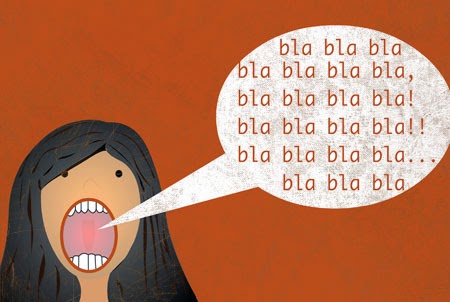Last year, at the very same time, I wrote 10 New Year's resolutions for 2014. I referenced the top-10 list that David Letterman, a talk show host for all my foreign readers, uses occasionally, like "The Top Ten Things That Almost Rhyme With Peas"or "The Top Ten Things That You Wouldn't Want to Hear on Christmas Morning." Always creative. Sometimes funny.
So inspired by Letterman, here I go again, "The Top Ten New Year's Resolutions for 2015, Not All Having to Do with Stroke Survivorship":
10. I'll attempt to find out, from the before and after pics, why I see Marie Osmond's 50-pound weight loss via NutriSystem not seem like 50 pounds. Photoshopped, maybe?
9. I'll do research on GEICO, the insurance company, and figure out why the ads make no sense whatsoever to me. Maybe it has something to do with the strok.... Nah.
8. I promise to smile at everyone who insults me, just like Don Keefer in The Newsroom, to throw 'em off the track, like I have something "up my sleeve."
7. I'll try to not become frustrated when somebody looks at my caregiver, instead of speaking directly to me in my wheelchair, and says, "Does she want to give us her height and weight?" as if I'm invisible. I used to want to knock them the fuck into next month. I still want to smack them.
4. I'm going to stand and walk around once an hour (except when I'm sleeping, but you knew that already). http://stroketales.blogspot.com/2013/07/the-5-ws-and-h-of-getting-up-and-moving.html
3. I'll donate more. I have a lot of "stuff" that I just don't need, like watches and books. The time is on my cell phone and I have a Kindle. And do I need 20 pairs of shoes?
2. I'll find out whether Sony just invented the hack as a publicity stunt for The Interview.
1. And finally, I'll continue saying that it was my right frontal lobe damage to my brain that accounts for my having no filters. So all of you who were offended, get over it.
Happy New Year, goddammit. See? No filters.








































